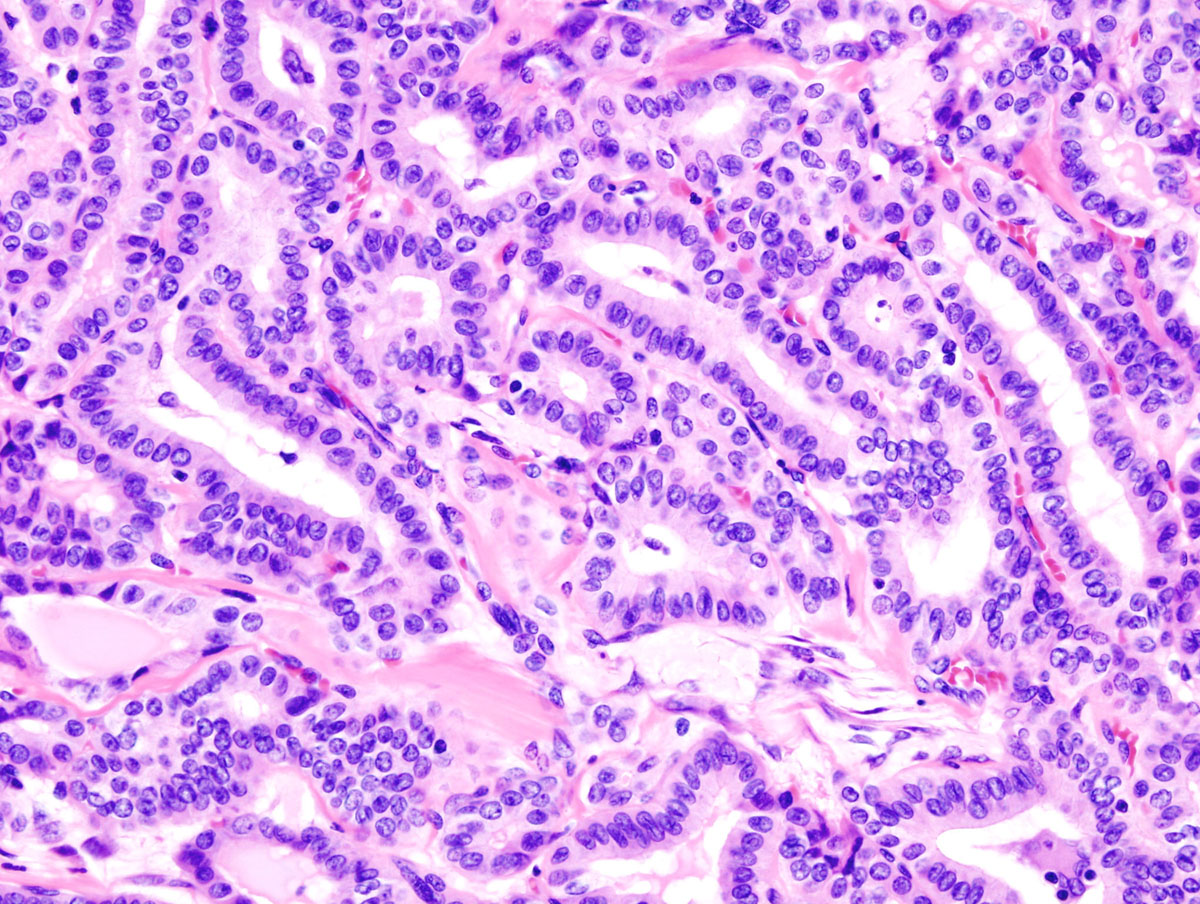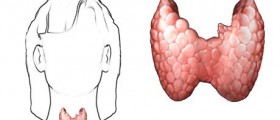
Surgical removal of the thyroid gland is also known as thyroidectomy. It includes partial or total removal of the thyroid gland and is performed in several medical conditions.
Thyroid removal is basically performed in patients suffering from thyroid carcinoma. Apart from that it is also performed if the thyroid gland is enlarged (goiter) or if there are multiple nodules which cause serious breathing and swallowing problems. The removal of the thyroid gland is necessary in pregnant women suffering from hyperthyroidism if the condition cannot be controlled by antithyroid drugs and represents an urgent state. Even other forms of hyperthyroidism may require removal of the thyroid gland. The surgery is left as last option if hyperthyroidism cannot be brought under control with antithyroid medications or radioactive iodine. Removal of thyroid gland is also recommended in children if the doctor or the parents do not want the child to undergo therapy with radioactive iodine.
Thyroid Removal - Types of Surgery
The surgery may include partial or total removal of the thyroid gland. Thyroid lobectomy is performed in patients suffering from dominant nodules which may eventually turn into a cancer. Subtotal thyroidectomy is basically performed in case of small, non-aggressive thyroid cancers and this surgical procedure includes resection of only one part of the thyroid gland. Subtotal thyroidectomy is also performed in people suffering from abnormally large goiter. Isthmusectomy includes resection of the middle portion of the thyroid gland called the isthmus. And finally, total thyroidectomy is removal of the entire gland. It is performed in cancer of the thyroid gland.
Preparation for Thyroid Removal Surgery
Prior the surgery the patients undergo a set of tests and examinations. The doctor also investigates all the potential risks of the surgery and gets familiar with patient's comorbidities and allergies. Consumption of alcohol and cigarettes is strictly banned for certain time before the surgery. The recovery time after thyroid removal surgery does not last long.
Complications of Thyroid Removal Surgery
This surgery may cause damage to many structures of the neck. For example, during the surgery the recurrent laryngeal nerve may be damaged. This leads to chronic hoarseness. Damage of several other nerves may result in swallowing difficulties. Bleeding is another potential complication of this surgery but it does not affect many patients. There is also chance of breathing difficulties. In some cases during the thyroid gland surgery parathyroid glands are removed as well. This consequently leads to low level of calcium in blood and accompanying symptoms. And finally, allergy to anesthesia and infections occur but they can be successfully prevented.

















Your thoughts on this
Loading...